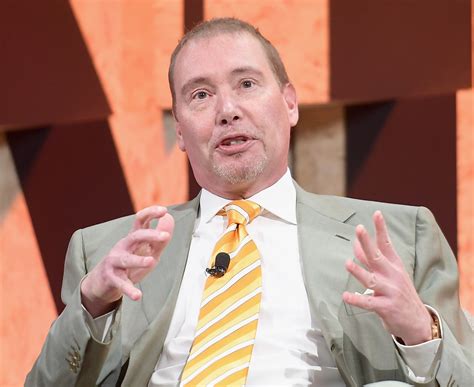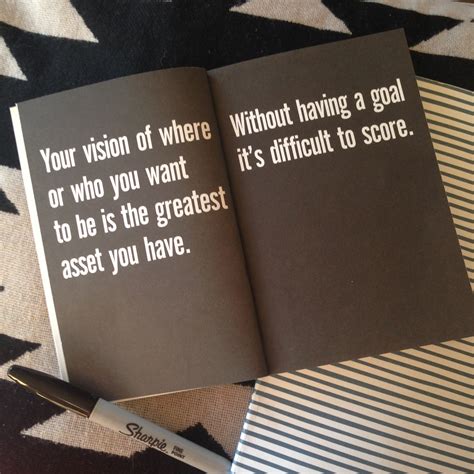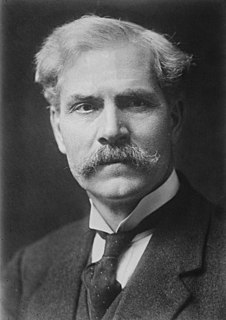A Quote by Michael Lewis
The Moulin Rouge is, like the West Village and the Nasdaq, one of those places that people who don't like to take risks come to for the thrill of being on the spot where risks once were taken.
Related Quotes
The trouble is that the risks that are being hedged very well by new financial securities are financial risks. And it appears to me that the real things you want to hedge are real risks, for example, risks in innovation. The fact is that you'd like companies to be able to take bigger chances. Presumably one obstacle to successful R&D, particularly when the costs are large, are the risks involved.
When large companies take on risk, then they impose risks on the rest of the system. And these are systemic risks and these systemic risks we never used to think were really that important, but as soon as we recognize how the financial sector - the risks the financial sector takes on can impact the entire global economy, we realize that those risks needed to be controlled for the social good.
Risks are a measure of people. People who won't take them are trying to preserve what they have. People who do take them often end up having more. Some risks have a future, and some people call them wrong. But being right may be like walking backwards proving where you've been. Being wrong isn't in the future, or in the past. Being wrong isn't anywhere but being here. Best place to be, eh?
I think that's something that investment banks have worried about for a long time and are continuing to worry about, but it's not an easy solution when you have lots of people betting the company's money, how do you really allocate those risks? How do you make sure that the people that take the risks are feeling the risks in an appropriate kind of fashion?
































